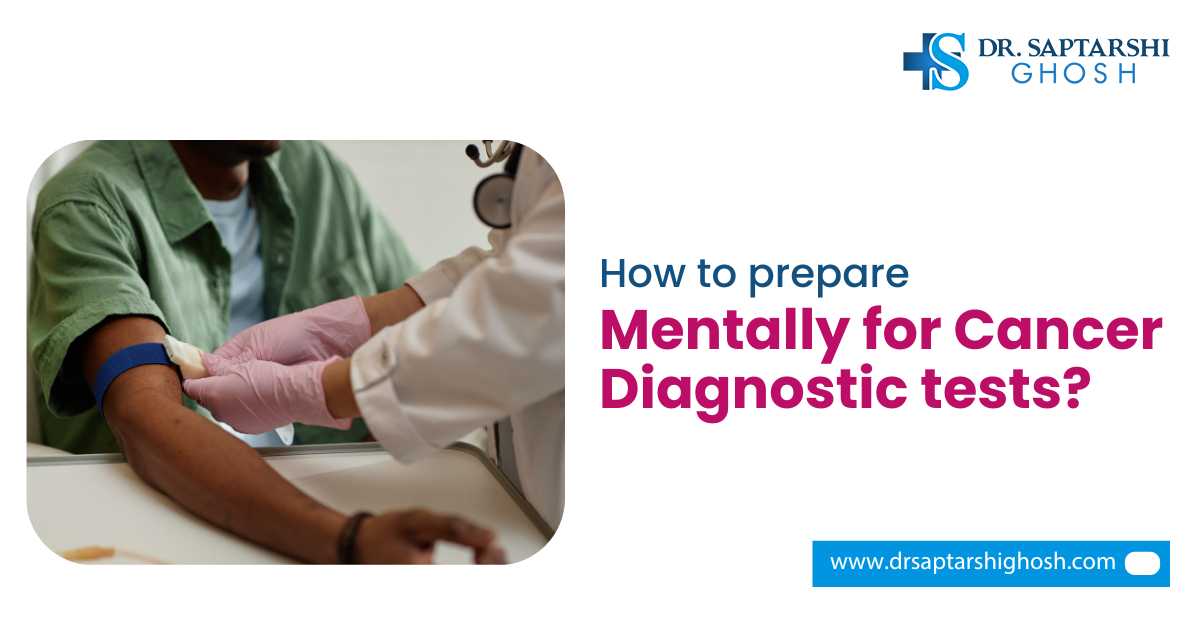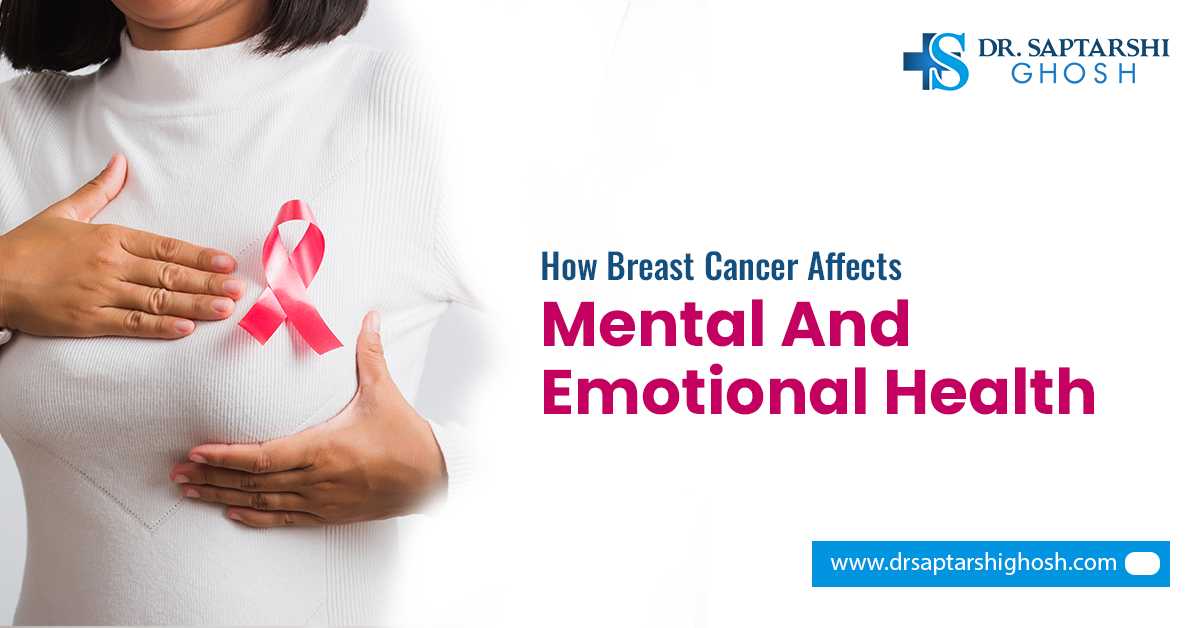This cancer grows in the tissue that surrounds your ovaries. As epithelial cancer is the most common in this category, approximately 90% of ovarian tumors are epithelial. Besides surgery, your oncologist may recommend chemotherapy, targeted therapy, or radiation therapy to treat epithelial ovarian cancer.
Gyneac Oncology in Siliguri ensures effective treatment for ovarian cancers under the top oncologists. Consult your healthcare expert to better understand your treatment and recovery.
Overview ofEpithelial Ovarian Cancer
Yes, of all the ovarian cancers, epithelial ovarian carcinoma is the most prevalent. Among cancers affecting the female reproductive system, ovarian cancer is the second most common.
The thin lining that covers the exterior of an ovary is called epithelial tissue, and this is where this cancer starts. Plus, cancer can develop in the fallopian tube lining. Women over 65 account for more than half of the cases of epithelial ovarian cancer.
While there is no known cause, a number of EOC risk factors have been found:
- History of breast, colorectal, or ovarian cancer in the family
- BRCA1 and BRCA2 mutations in particular
- Inheriting a gene associated with Lynch syndrome and other familial cancer disorders.
- Obesity
- Never being pregnant to term or having a child after the age of 35.
Understanding the Symptoms of EOC
The fact that the signs of epithelial ovarian cancer are more often ambiguous and can be confused with less severe illnesses makes early diagnosis difficult. Also, it hardly shows any early symptoms. Typical signs and symptoms include:
- Bloating or swelling in the abdomen
- Abdominal or pelvic discomfort
- Having trouble eating or feeling satisfied right away
- Urinating frequently or an urgent need to pee more often
- Tiredness
- Nausea
- Vomiting
- Pain in the back
- Changes in bowel habits, such as constipation
- Irregular menstruation
These symptoms usually coexist with gastrointestinal or urinary disorders and are not unique to ovarian cancer. You should always seek medical attention if you notice such discomfort; however, having these symptoms doesn’t mean EOC for sure.
EOC Treatment Options
Surgery and chemotherapy are widely used in the treatment of epithelial ovarian cancer. The precise strategy depends on the cancer's grade and stage as well as the patient's general health.
Surgery
Debulking surgery is a surgical technique where the main objective is to remove as much of the tumor as possible. The uterus, fallopian tubes, ovaries, nearby lymph nodes, and any other impacted tissues may be removed as part of this procedure.
Chemotherapy
Most patients with EOC take chemotherapy after surgery to target any cancer cells that may still be present. Platinum and taxane-based medications are combined in the most popular chemotherapy regimen to treat epithelial cancer.
Radiation Therapy
The most popular type of radiation used to treat ovarian cancer is external beam radiation, including EOC.
Targeted Therapy
PARP inhibitors have been shown to be an effective therapy for ovarian cancer by focusing on particular molecular characteristics. Treatment in Gyneac Oncology in Siliguri for ovarian cancer ensures personalized care for optimal results.
Management
Treatment is only one aspect of managing epithelial ovarian cancer or any type of cancer. Long-term care includes:
- Imaging, physical examination, and CA-125 test follow-ups to track health status (as advised by your oncologist).
- Handling treatment side effects such as neuropathy, tiredness, and gastrointestinal problems.
- Physical therapy and nutritional support from your expert.
Personalized and new treatments can bring better results. The five-year survival rate is above 90% when epithelial ovarian cancer is identified before it spreads. Thus, you must not ignore symptoms and seek medical attention fast. For optimal ovarian cancer treatment in Siliguri, visit the leading cancer doctor in town, Dr. Saptarshi Ghosh. Talk to your specialist.






